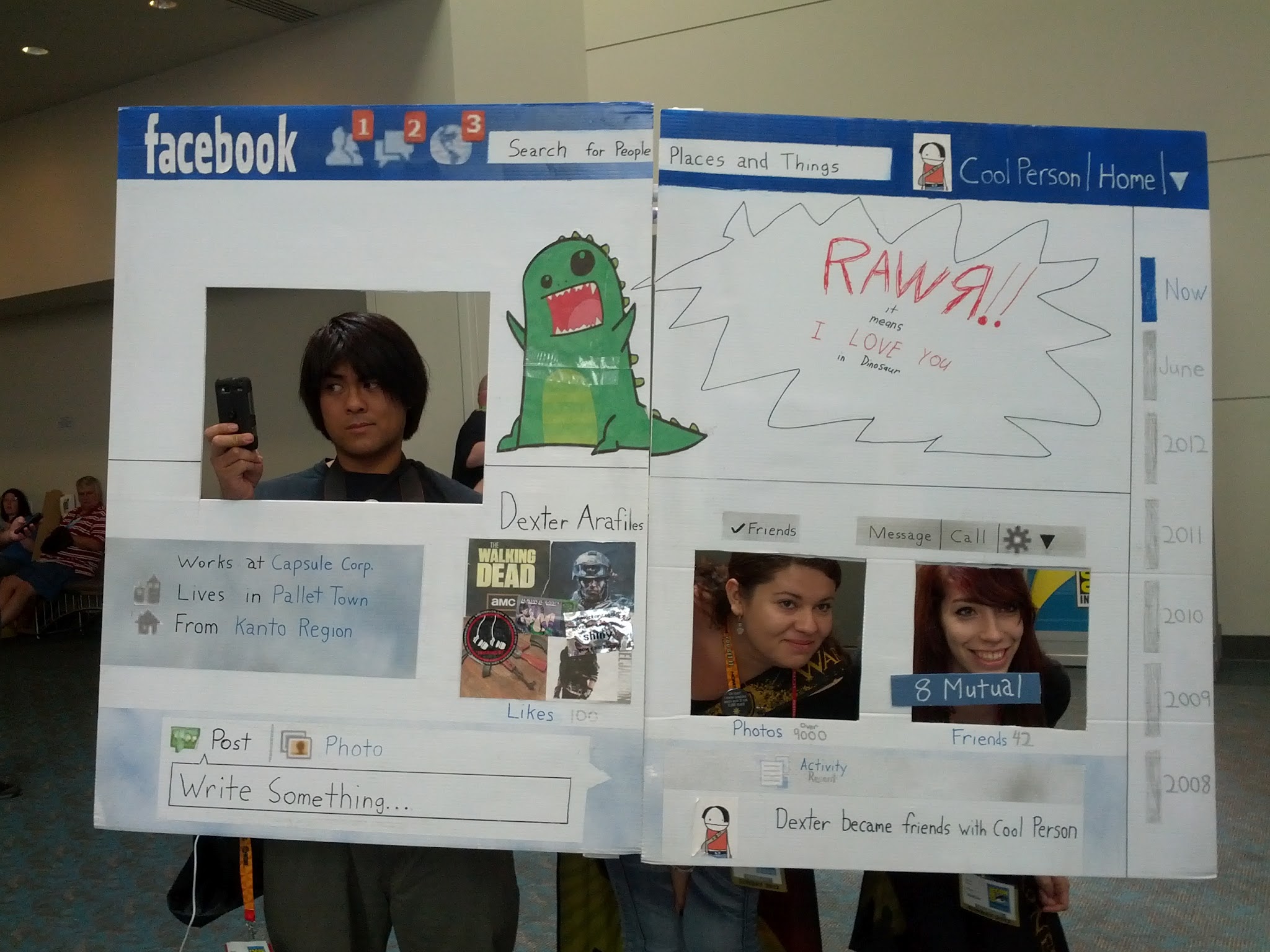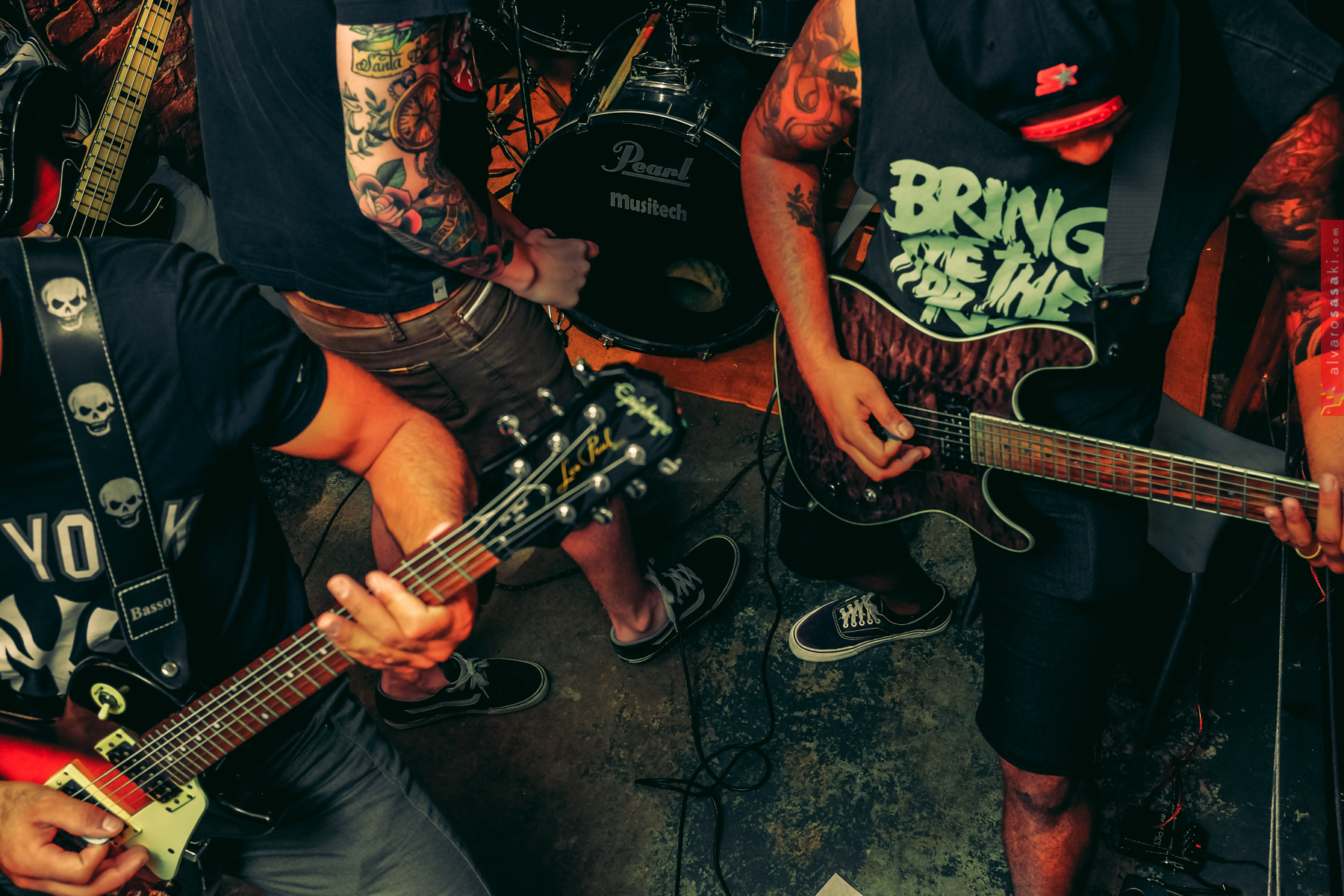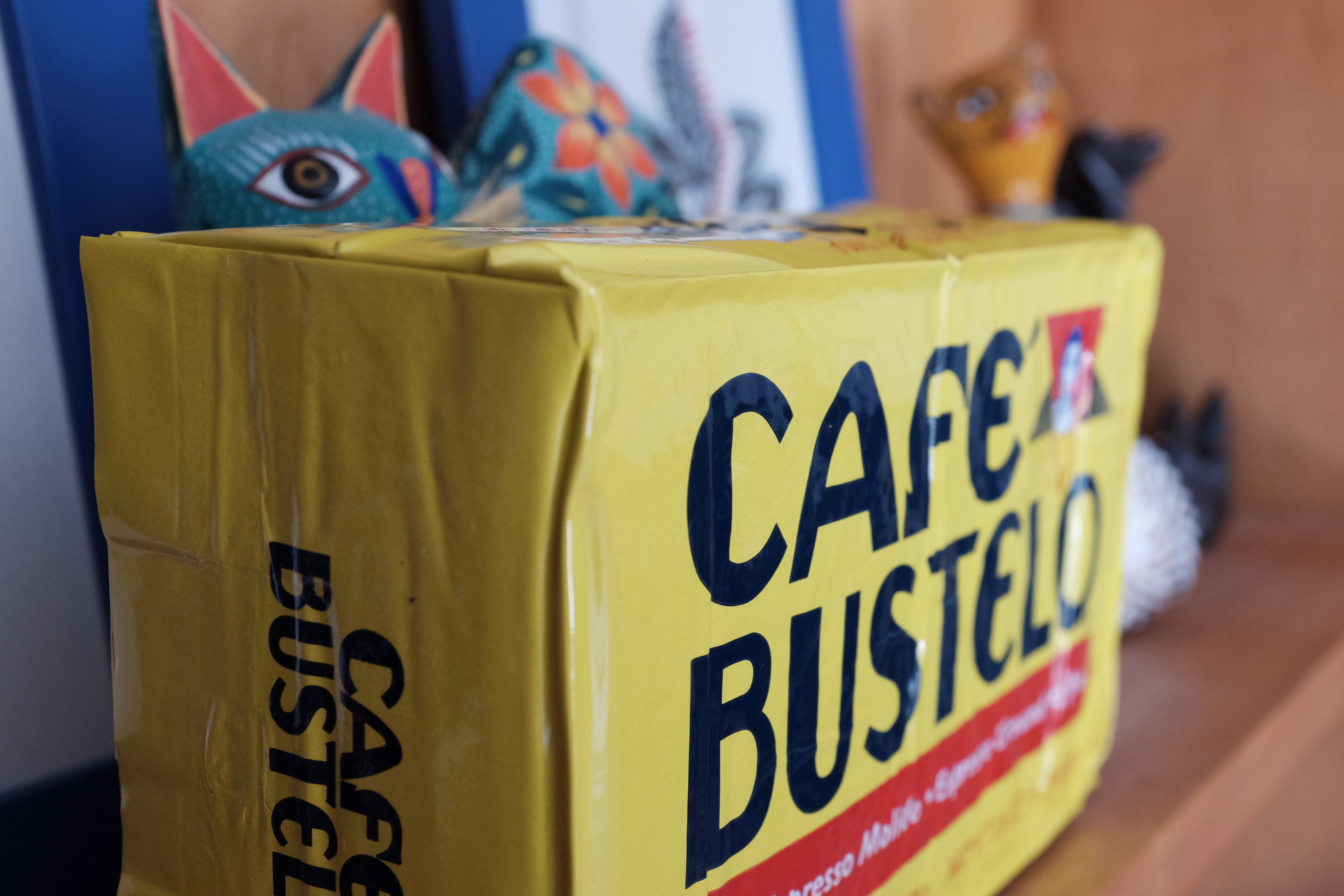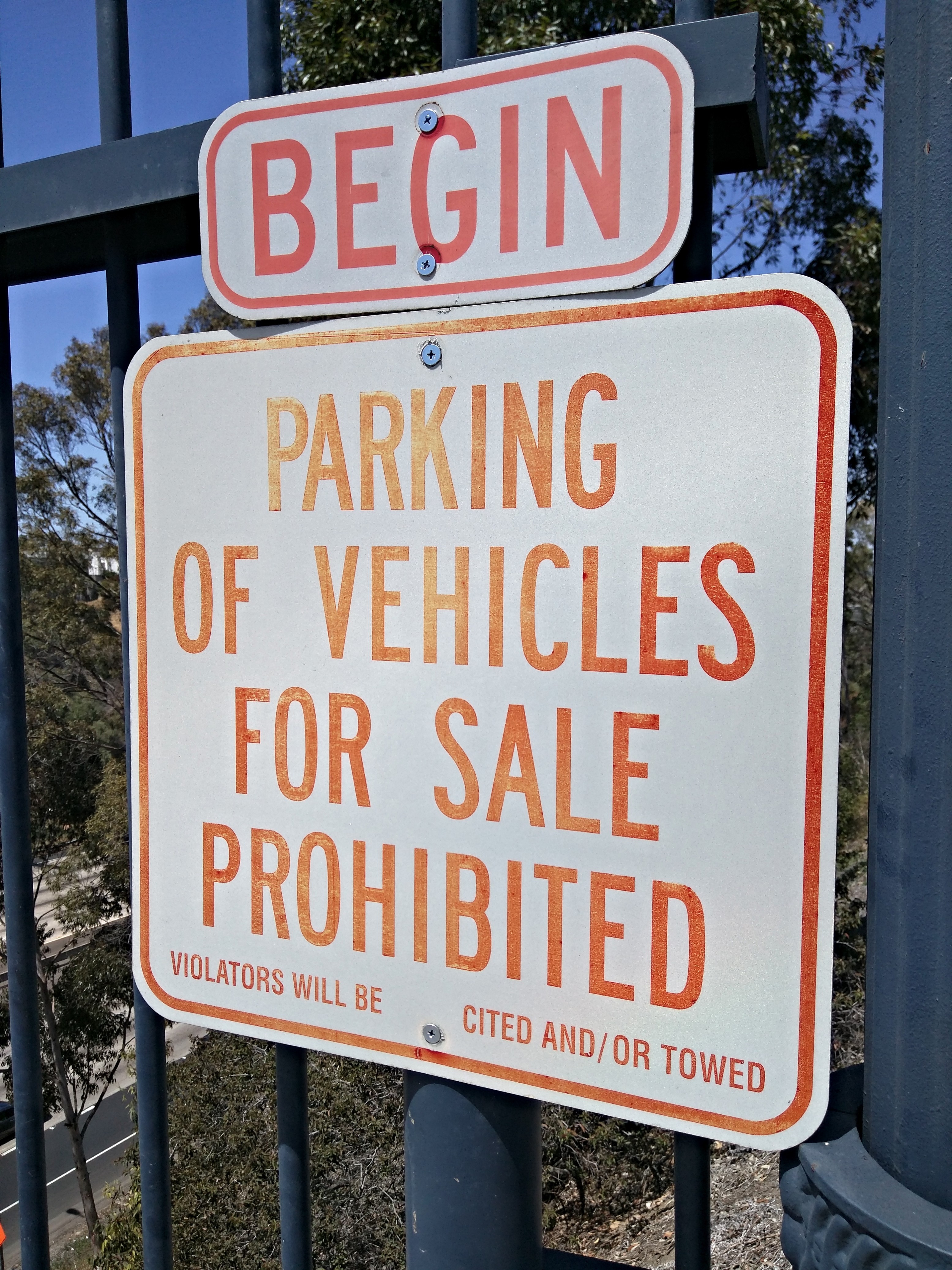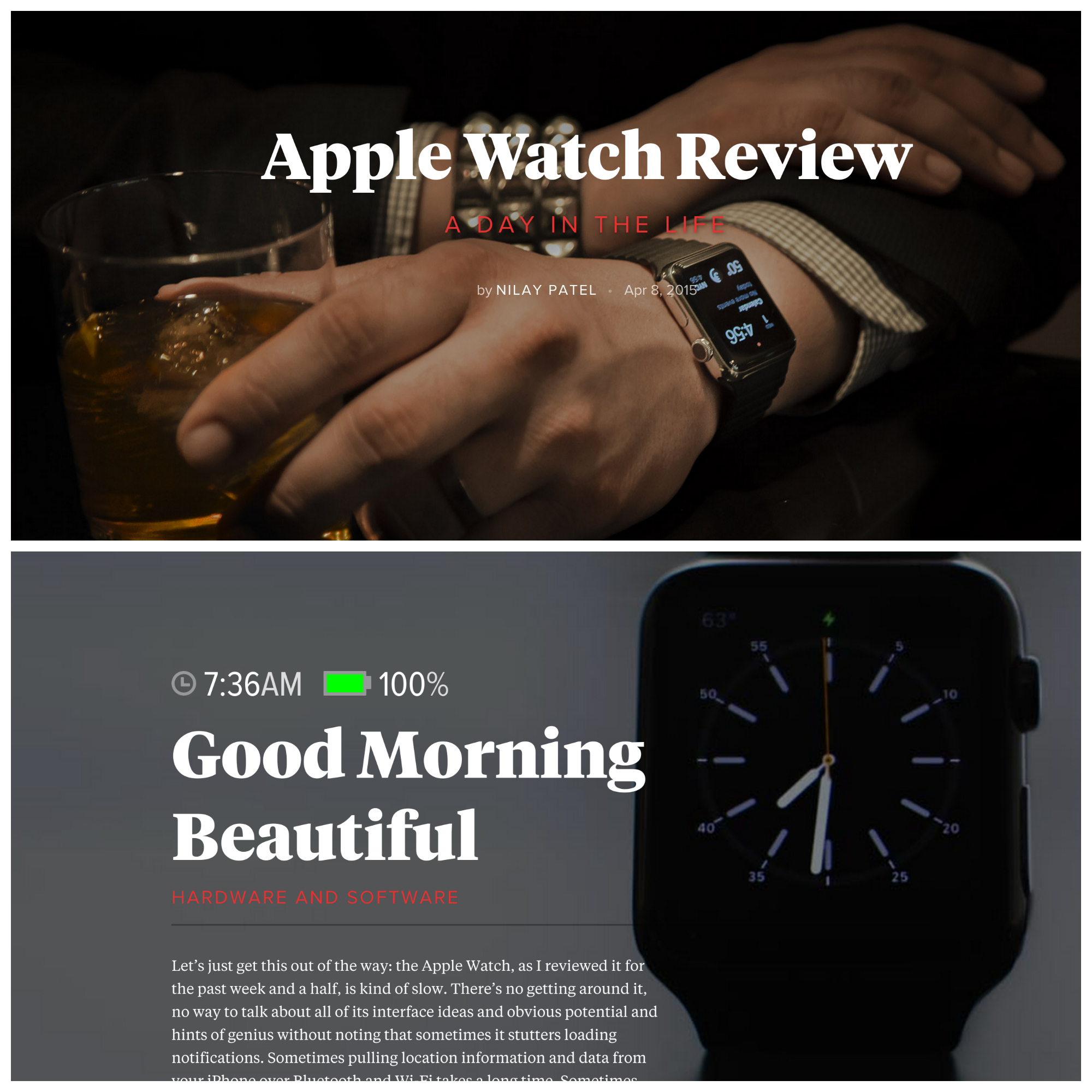My ebook Responsible Reporting: Field Guide for Bloggers, Journalists, and Other Online News Gatherers is divided into three sections. The first, “News in Context”, is a state of the online news industry. The second, “The Five Journalisms”, examines five categories of news gathering most relevant to the age of context. The last, “What You Must Do”, applies concepts from the other two to present guidelines for responsible reporting.
In this second installment, I present two chapters from the first section. Opener “In Just Eight Years” is in part adapted from my June 2009 analysis “Iran and the Internet Democracy“, which is a provocative lens for looking back to look forward at the state of the news industry.
